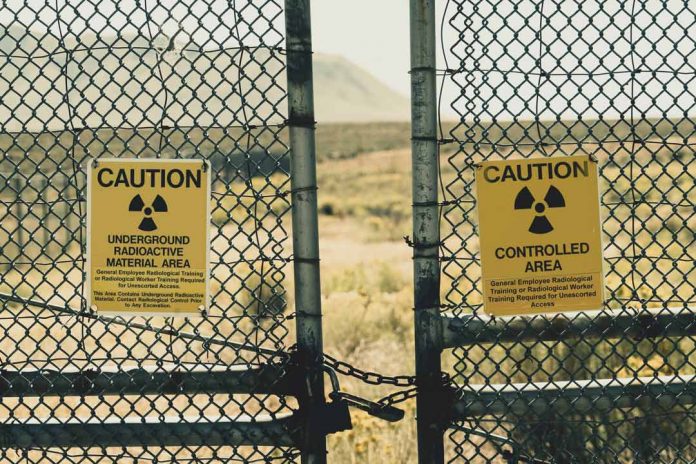
Team Proposition
Framing
Within the context of this debate we are mostly going to talk about not only the harms that nuclear proliferation has brought in the past, but we are also going to concentrate on potential future implications of past actions of global governments.
First argument – immense risk to humanity
Up until the invention of nuclear weapons, the world had never been able to deliver such a big destruction in such a short amount of time. The main point here is that every single mistake and/or act of aggression might result in huge impacts on many actors that were not even involved in actions that led to the use of nuclear weapons.
Nuclear weapons are unique in fact that they are able to deliver such a big destruction that every single use of them is likely to require big counter-action from the opposing side. Especially in the times when relations between countries are tense, the risk of huge destruction is imminent.
And even if the opposition tries to tell you that we can rely on reasonable leaders of nuclear nations, we are not sure about that. For once, there are so many leaders that at least one of them is about to be less mentally stable than he should be (because of the immense responsibility he has). And secondly, we can also argue that not all the military actions are carried out by leaders directly and therefore we have many more links that can break within this very fragile chain.
Second argument – Too much power for the nuclear states
Nuclear weapons have totally transformed the global political scene. Nations who have nuclear weapons gained much more power as opposed to those which have none. This is mostly caused by the potential impact of angering those nations. Especially because of this, nuclear nations have gained immense bargaining power that can not be taken away from them.
And even if proposition tries to bring up nuclear non-proliferation treaties, those only worsen the situation. It is because those treaties prevent other nations from obtaining nuclear arsenal and thus only strengthen the position of nations already in possession of such weapons.
In conclusion, such situation led to two major impacts. The first one is that we create a big power imbalance skewed towards nations with nuclear weapons. And secondly, we create an environment that is very likely to create big power blocks fighting each other (i.e. Cold war, or US vs. CHN nowadays).
Team Opposition
First argument – Nuclear weapons prevented many wars
We argue that the threat of mutual destruction that nuclear weapons bring is the ultimate way to prevent more wars. We have to recognize that all the states have to do a cost-benefit calculation before participating in any sort of conflict. By introducing nuclear weapons, we severely skew those calculations towards costs and thus make nations less likely to attack each other.
Notice that it was only thanks to nuclear weapons that the Cold War stayed relatively cold (except proxy wars which are still better than direct conflict between superpowers). It was because the US as well as the USSR knew that initiating any sort of direct war would likely result in total destruction of both nations. This tension might seem dangerous at first, but notice that it is this tension that gives countries constant and very big incentive to not attack each other.
Second argument – Research and other investments
The need to develop and further improve nuclear weapons has led to many investments in not only nuclear science as a whole. Notice that for a nuclear weapon to be developed you need massive infrastructure and mainly massive scientific research. This fact has led to huge investments in science especially in the Cold War era.
Even though proposition might argue that those investments had a strictly military centered goal in mind, we say that they have been able to kickstart many areas of science such as nuclear energetics and space travel technologies.
Without these investments those crucial technologies would have been invented decades later, if ever. This would have led to significantly slower development of technologies that are crucial for humanity’s future (i.e. sustainable energy and multiplanetary survival).


![[Opening Half] Thessaloniki WUDC 2016 Open Finals – THB that the world’s poor would be justified in pursuing complete Marxist revolution [Opening Half] Thessaloniki WUDC 2016 Open Finals - THB that the world's poor would be justified in pursuing complete Marxist revolution.](https://debating404.com/wp-content/uploads/2022/08/wudc-324x160.jpg)





